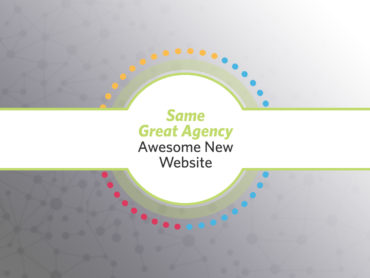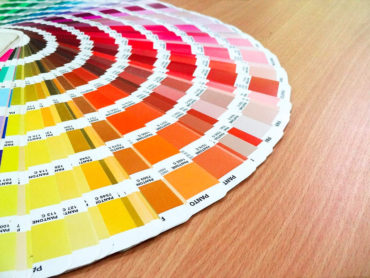Helpful Tips for Maximizing Your Paid Google Search Results
Google has become such an important tool for consumers of all types. Whether searching for nearby restaurants, finding directions to your new doctor’s office, staying up-to-date on today’s news, or to look for the online retailers that carry the hottest trends, there’s practically nothing you can’t find using a search engine. Have you ever done a Google search for your business, products and services, or even just a general industry search? If so, you may find that your search topic renders results related to your company at the top of the page. In other cases, you may find your company on pages 2, 3 or 4. So how does Google optimize search and decide what gets shown on the first page?
There are two main forms of searching that you need to consider when using Google – paid (advertisements that a company pays for in order to appear at the top of search results) and organic (natural rankings determined by Google algorithms and optimized with SEO). Each type of search has sets of algorithms that determine the most useful information to show to consumers the content that is most relevant for their search. Because these algorithms utilize location data, it’s important to make sure your business is connected to Google My Business for an accurate listing. Unfortunately, factors like location are out of your control, but there are many elements that affect search which you can control in order to perform better in searches – especially for paid search. I highly recommend creating a Google Ad campaign if you see the value in it for your company. If you’re setting your ads up correctly, even investing a small amount monthly can be beneficial.
In terms of paid search, here are some major factors affecting your ad ranking and placement:
Bid amount – its important to know that top bids (a bid is how much you are willing to spend for a click on your ad) don’t necessarily lead to top ranking when it comes to Google search. As mentioned before, Google has a lot of algorithms, and while they take into account your bid amount, the factors below also play a huge role in your ad placement. In turn, it can also end up costing you more per click to have a higher bid depending on they keyword.
Ad formats enabled – when you create an ad, you have the option to include additional information known as an ad extension. This information could be a phone number, links to pages on your website, and locations, among others. Google Ads estimates how these extensions and ad formats will impact your ads performance and adjusts your ad rank accordingly. It’s also important to choose ad formats that most closely align with your ad campaign goals. For example, if you’re looking to get customers to purchase a product, it’s probably best to go with a display ad to show the product.
Expected clickthrough rate – how likely is it that your ad will be clicked on based on your keywords? Google Ads considers how well that keyword has worked for you in the past and predicts how well it matches your current ad. Including your target keywords within your ad text also plays a huge role in clickthrough rate – especially when you’re bidding on a popular keyword. Additionally, by using tools such as the ad extensions mentioned above, you move in the right direction for expected clickthrough rate. It’s also important to take advantage of the display URL to reinforce the keywords that are used in your ad groups. New to Google Ads? Google Ads has a great tool called a keyword planner that helps you determine what keywords may lead to the most clicks.
Website experience – how easy is your site to navigate? How relevant is the information on your pages to your ad content? What’s the load time for your site? Is your site optimized for mobile? All these components affect the user’s website experience and in turn affect your ad ranking. There really isn’t much success to be had if your website isn’t user friendly. (And if you need help determining where your website is lacking, feel free to contact R&J for a web audit!)
Ad relevancy – this is calculated using the language in your ad and determining how well it matches up with a search query. For this reason, its important for you to choose keywords for your ad that are relevant to the ad itself. If your keyword has nothing to do with its corresponding ad, there is a high chance that your ad will never be shown for that keyword.
All the above factors impact the quality score of your ad and determine how it ranks against other ads in the search network. Quality score is a number Google determines ranging from 1-10, 1 being poor quality and 10 being great quality. To maximize your search results on Google, you want your ad to be ranked in the first or second position, so it’s imperative that you have a great quality score to outrank your competitors. Quality score is constantly updated, so each time you make a change to one of your ads, you can see in real-time how it affects your quality score.
If you’re looking to plan a Google Ad campaign, but don’t know where to start, give R&J a call. We can help you set up and manage Google Ad accounts and campaigns to maximize your ROI.























































































